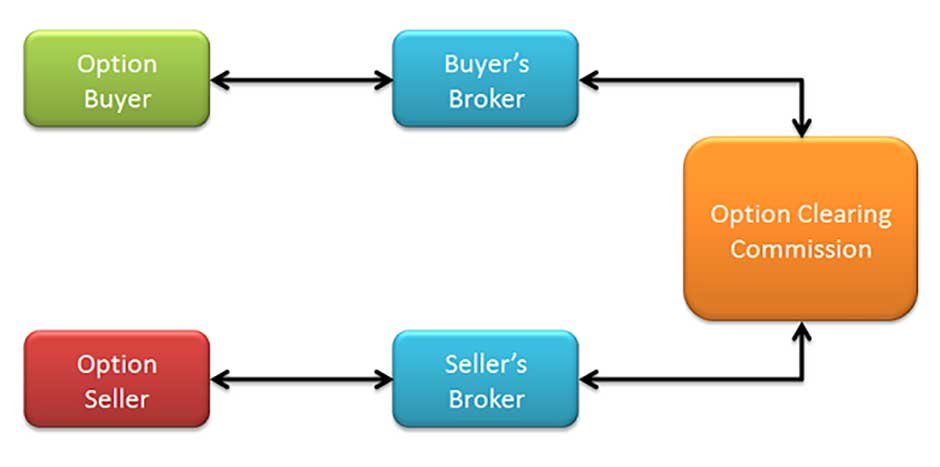Option expiration is a critical aspect of options trading, as it determines the fate of the options contract. Options are contracts that provide the buyer with the right, but not the duty, to purchase or sell an underlying asset at a certain price and time. For the options contract to be exercised, it must be in the money at the time of expiration. Option expiration has a direct impact on the settlement of options, and traders must have a good understanding of the concept.
What Is Options Expiration?
Option expiration refers to the date and time when an options contract becomes invalid and can no longer be exercised. This date is specified in the contract and is referred to as the expiration date. On the expiration date, if the options are in-the-money, they will be automatically exercised, and if they are out-of-the-money, they will expire worthless.
Why Are Options Expiration Important?
Option expiration is important because it determines the final value of the options contract. The value of an options contract is dependent on several factors, including the underlying asset’s price, the strike price, the time to expiration, and volatility. On the expiration date, the options are revalued based on the current price of the underlying asset, and the options that are in-the-money will be automatically exercised. If the options are out-of-the-money, they will expire worthless, and the buyer will lose the premium paid for the options.
How Does Options Expiration Affect Settlement?
Option expiration has a direct impact on the settlement of options. If the options are in-the-money on the expiration date, they will be automatically exercised, and the buyer will either receive or pay the difference between the strike price and the current price of the underlying asset. This difference is referred to as the settlement amount.
The buyer has the right to buy the underlying asset at the strike price, and if the current price of the underlying asset is higher than the strike price, the call option will be in-the-money. In this case, the buyer will be required to pay the option settlement amount to the seller.
If the options are out-of-the-money on the expiration date, they will expire worthless, and the buyer will lose the premium paid for the options. In this case, there is no settlement, and the options contract will simply expire without any further action.
How Is The Settlement Amount Determined?
The settlement amount is determined by the difference between the strike price and the current price of the underlying asset. For example, if a call option has a strike price of $50 and the current price of the underlying asset is $60, the settlement amount will be $10. If a put option has a strike price of $50 and the current price of the underlying asset is $40, the settlement amount will be $10.
It’s important to note that the settlement amount is subject to change until the expiration date, as the price of the underlying asset may fluctuate. This is why traders must have a good understanding of the underlying asset and the factors that may affect its price.






